Wind
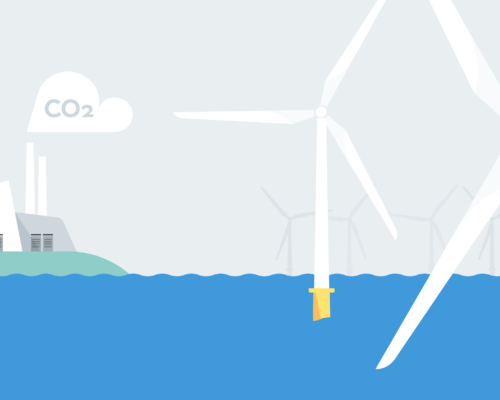
Wind Energy vs Fossil Fuels: Cost, Efficiency, and Market Trends
Wind energy is a crucial technology in regional energy transition plans. It provides a low-carbon and financially viable renewable option for many regions, and trends show that wind energy capacity will continue to grow in the coming decades.
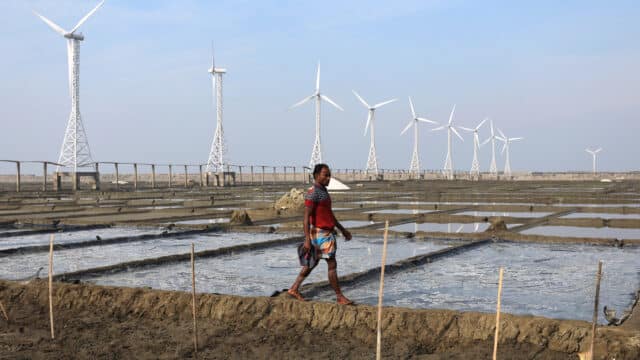
Solar and Wind Power Potential in Bangladesh
Considering the huge solar and wind power potential in Bangladesh, the investment opportunities in renewable energy are there for the taking.
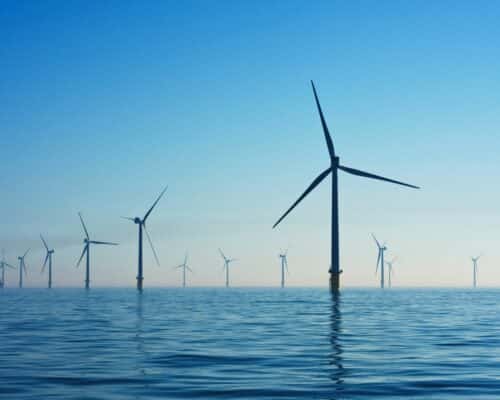
Wind Energy in Japan: Prospects, Benefits and Future
While Japan’s government increasingly considers wind energy a viable option, the progress is still sluggish. Accelerating it requires addressing various administrative burdens and introducing more ambitious policies.
Wind Energy in Malaysia – Potential for Growth
Malaysia has limited capacity for wind energy due to geographic and climate factors. As a result, the country's renewable energy programs primarily focus on solar and hydropower. However, wind energy can be useful in select regions with higher than average wind energy capacity.
Wind Energy in the Philippines – Present and Future
The Philippines has significant onshore and offshore wind potential, but it has remained largely untapped. However, with its renewable energy goals, a growing number of wind farms are appearing across the country. This includes the largest wind energy facility in Southeast Asia.

Renewable Energy in the Philippines – Current State and Future Roadmap
The Philippine's is quickly becoming a renewable energy leader in Asia, with its ambitious targets and plans to contribute and reach net-zero.
Wind Energy in South Korea – Opportunities and Challenges
The wind energy sector can become the difference that gives South Korea's renewable energy progress that much-needed boost. The country's vast potential for offshore wind is already starting to attract some of the leading developers in the industry. Judging by the first signs, South Korea's future promises to be "windy."
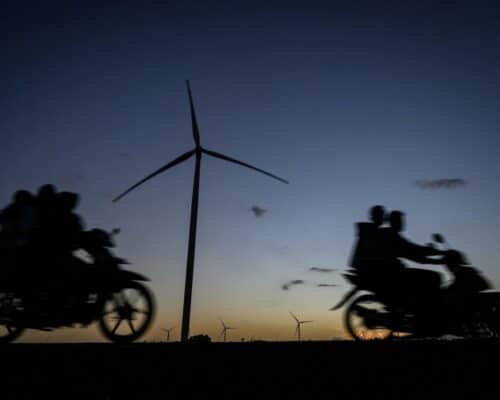
Wind Energy In Indonesia: Slow Growth, Promising Future
Indonesia has a significant potential for wind energy, yet the country only has two utility-scale wind farms running. This is primarily the result of high initial investment costs and a need for more supportive regulation for development. These policies must improve to help the country capitalise on its wind energy potential and meet its decarbonisation goals.
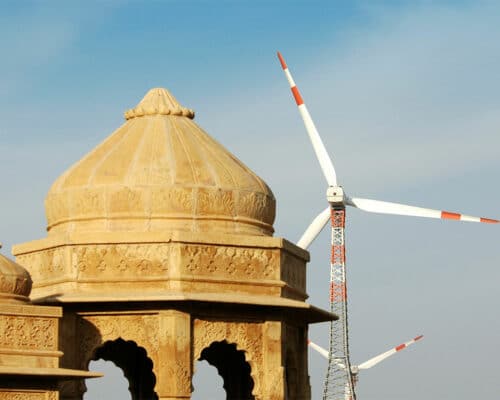
Top Wind Energy Companies in India 2024
India is aiming to triple its wind energy capacity by 2030. This will require significant growth within the wind sector and supportive government policies. The sector is on track to grow at an 8% compound annual growth rate over the next decade.
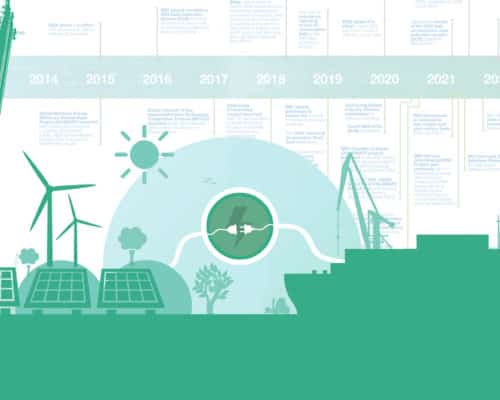
Is There a Future For Wind Turbines in Singapore?
Singapore has many road blocks in adopting low carbon energy, one of which is the lack of viability for wind turbines. The country's most efficient renewable energy option is solar energy. However, even solar faces its own challenges – mainly limited land. As an alternative, Singapore is looking toward its neighbouring nations to import low-carbon energy in pursuit of its net-zero goals.
Home Wind Turbines – All You Need To Know
Home wind turbines have historically seen low adoption rates, but this is changing. They are finding a place as part of local microgrids and larger energy systems. Combined with other energy sources and battery storage systems, they are an essential piece of renewable energy technology.
Wind Energy: Advantages and Disadvantages
Wind energy is one of the leading renewable energy technologies in the world. Not only does it have substantially lower environmental impacts than fossil fuels, but it has significant economic benefits. The disadvantages of wind energy typically relate to high up-front costs and intermittency, which are the same concerns as renewable energy in general.
How Do Wind Turbines Work?
Wind turbines capture the kinetic energy in the wind, transfer it into mechanical energy and finally turn the mechanical energy into electricity. This energy transfer, and wind turbines themselves, have seen a dramatic increase in efficiency over the last several decades. This is leading to increasing rates of adoption with new designs and broader applications.
Does Wind Energy Have A Place In Singapore?
Singapore has grand plans for its renewable energy transition. This will primarily focus on domestic solar generation and the importation of renewable energy from neighbouring countries. Additionally, wind energy will likely have a small role to play. As low wind speed turbine technology improves, wind energy will become more viable for local generation.
Most Popular
Categories
-
10
-
35
-
126
-
4
-
17
-
46
-
52
-
11
-
10
-
15
-
24
-
6
-
1
-
5
-
6
-
284
-
200
-
17
-
24
-
1
-
1
-
23
-
41
-
44
-
88
-
18
-
86
-
41
-
17
-
11
-
43
-
54
-
86
-
299
-
22
-
44
-
36
-
11
-
42
-
36
